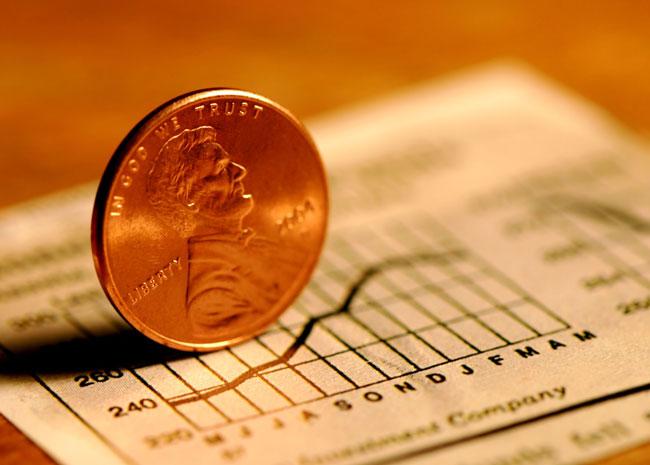
Penny stocks, also known as cent stocks in some countries, are common shares of small public companies that trade at low prices per share. In the United States, the U.S. Securities and Exchange Commission (SEC) defines a penny stock as a security that trades below $5-per-share, is not listed on a national exchange, and fails to meet other specific criteria. In the United Kingdom, stocks priced under £1 are called penny shares. Prosecutors and the Federal Bureau of Investigation say that fraud is widespread in the penny stock market. Even though the penny stock companies are small, the scams that involve them can be for tens of millions of dollars."
In the case of many penny stocks, low market price inevitably leads to low market capitalization. Such stocks can be highly volatile and subject to manipulation by stock promoters and pump and dump schemes. Such stocks present a high risk for investors, who are often lured by the hope of large and quick profits. Penny stocks in the US are often traded over-the-counter on the OTC Bulletin Board, or Pink Sheets. Another problem with the penny stock market is that it has little liquidity, so holders of shares in penny stock companies often find it difficult for them to cash out of positions. In the United States, the SEC and the Financial Industry Regulatory Authority (FINRA) have specific rules to define and regulate the sale of penny stocks.






